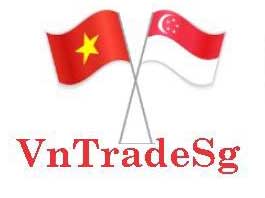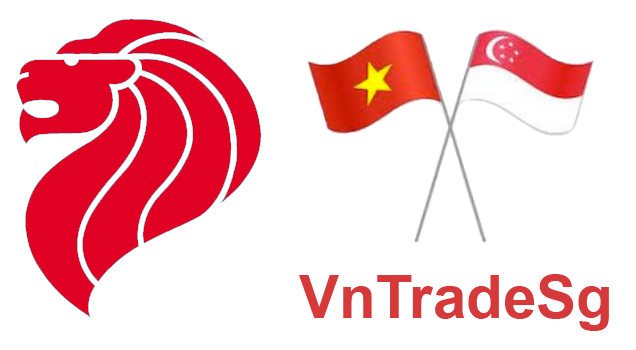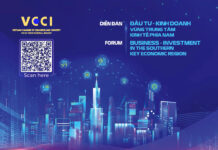The Vietnam Oil and Gas Group (PetroVietnam) has been developing and perfecting appropriate and effective solutions, and coordinating with socio-political organisations in promoting digital transformation in all its subsidiaries.
The Vietnam Oil and Gas Group (PetroVietnam) has been developing and perfecting appropriate and effective solutions, and coordinating with socio-political organisations in promoting digital transformation in all its subsidiaries.
Under a resolution on implementing digital transformation in the group to 2025, with a vision to 2030 issued in February this year, PetroVietnam has determined the digital transformation work as a must to increase productivity, quality, efficiency and competitiveness.
Digital transformation is seen as a strategic task of PetroVietnam, and is especially important for businesses and units of the group.
The work is hoped to help the firm promote innovation and improve business performance and competitiveness, as well as its leading position in the oil and gas industry, thus contributing to building the country’s digital economy.
However, digital transformation also poses great requirements related to changing business culture, demanding the firm to reshape business and development strategies; reposition the supply chain; re-connect with its customers across the digital business platform and restructure its organisational structure to accommodate the new business platform.
Additionally, it is necessary to ensure network safety and security in the process of digital transformation in order to develop, manage, exploit, protect and effectively use digital database in sync with the strategy and organisational structure of the group.
According to the group, digital transformation poses challenges to Petrovietnam’s existing business model but also created new drivers for its growth. Therefore, the synchnourous implementation of the work in all businesses and units of the group is the goal that PetroVietnam needs to achieve by 2030.
The governance of the digital ecosystem “PVNDigiEcoSystem” requires the company to gradually change business culture and give its employees with new skills, towards achieving long-term goals of improving production and business efficiency and bringing added value to customers.
The improvement of PetroVietnam’s digital ecosystem governance is expected to help the group uphold the leading role in the oil and gas industry, contributing to successfully implementing the national digital transformation programme, and building a digital society and digital government.
Despite difficulties in the first half of this year, PetroVietnam managed to increase its production, contributing to ensuring national energy security.
It pumped 5.48 million tonnes of crude oil in the period, surpassing the set target by 23%.
Meanwhile, gasoline production exceeded 14% of the plan, fertiliser production exceeded 8% of the plan, production and supply of gas, electricity and other energy products also reached a high level.
The group’s revenue in the period was estimated at 468.3 trillion VND (20 billion USD), up 55% year-on-year and double the goal set for six months.
It contributed 66.1 trillion VND to the State budget, 2.2 times higher than the half-year plan and an increase of 41% compared to the same period last year.
The group has undertaken a series of measures to maintain output and stable operation, including the application of information technology and promoting digital transformation.
PetroVietnam has concentrated its resources in order to accelerate the progress of investment projects and obtained positive results. The Song Hau 1 Thermal Power Plant which is put into commercial operation on May 13 is an example. On May 12, the Thai Binh 2 Thermal Power Plant Project was successfully connected to the Unit 1 grid with oil, seven days ahead of schedule.
In the second half of this year, PetroVietnam will continue updating, evaluating and forecasting the macro-economic situation to develop operation plans, solve difficulties and actively find solutions to maintain the output, ensuring it is not lower than in 2021./.
















